Isabelle Faust - Dvořák: Violin Concerto, Op. 53 (2008)
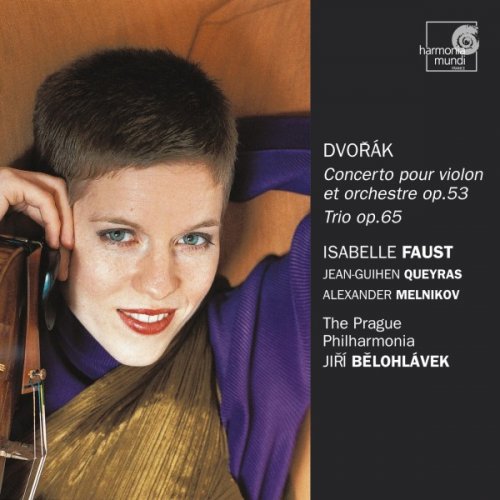
Artist: Isabelle Faust
Title: Dvořák: Violin Concerto, Op. 53
Year Of Release: 2008
Label: Harmonia Mundi
Genre: Classical
Quality: FLAC (image+.cue,log,scans)
Total Time: 69:39
Total Size: 323 Mb / 176 Mb
WebSite: Album Preview
Tracklist: Title: Dvořák: Violin Concerto, Op. 53
Year Of Release: 2008
Label: Harmonia Mundi
Genre: Classical
Quality: FLAC (image+.cue,log,scans)
Total Time: 69:39
Total Size: 323 Mb / 176 Mb
WebSite: Album Preview
Violin Concerto, Op. 53
1. I. Allegro Ma Non Troppo 11:09
2. II. Adagio Ma Non Troppo 10:06
3. III. Allegro Giocoso Ma Non Troppo 10:21
Trio for Piano, Violin and Cello, Op. 65
4. I. Allegro Ma Non Troppo 12:41
5. II. Allegro Grazioso 06:43
6. III. Poco Adagio 09:40
7. IV. Allegro Con Brio 08:59
Performers:
Isabelle Faust (violin)
Jean-Guihen Queyras (cello)
Alexander Melnikov (piano)
Prague Philharmonic Orchestra
Belohlávek, Jirí (conductor)
Isabelle Faust is an excellent artist, and she turns in a winning performance of Dvorák's sunny Violin Concerto, a work that has steadily returned to public favor (and rightly so) in the past couple of decades. My only criticism of this performance concerns a slight stiffness of rhythm at the opening of the finale that you will not find in such celebrated interpretations as Suk/Ancerl on Supraphon-however, Faust quickly gets into the swing of things as the movement proceeds, thanks in large part to Jiri Bélohlávek's totally idiomatic conducting and the sharply focused rhythmic response of his orchestra. In the first two movements, Faust offers as fine an interpretation as any, playing with purity of timbre and inflecting Dvorák's gorgeous tunes with sweetness and, where required, with passion (especially in the opening movement). She's also naturally balanced against the orchestra, allowing some very winning give and take between the soloist and the band in the central Adagio ma non troppo. Coupling the Violin Concerto with Dvorák's finest trio is an excellent idea. Once again, the performance does not quite rise to the level of, say, the Suk Trio, particularly in the first movement where Faust and company sacrifice a bit of the music's intensity for the sake of urgency; but if it's a fault, it's certainly one in the right direction. The two-against-three rhythms of the scherzo bounce along quite effectively, and the Poco adagio, the heart of the work, also is very beautifully played, with cellist Jean-Guihen Queyras offering generous tone but never sounding sappy. The finale also revels in high spirits, though like the first movement it just misses the depth of elegiac feeling that other players bring to the closing pages, just before the ebullient ending. Small quibbles aside, these performances are highly recommendable-and benefit from terrific sound. If this coupling appeals to you, don't hesitate for a moment.

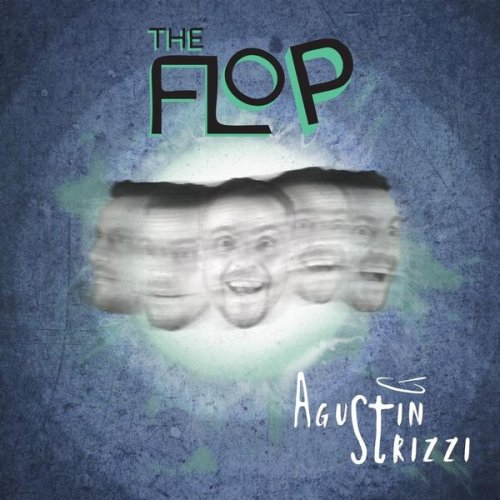
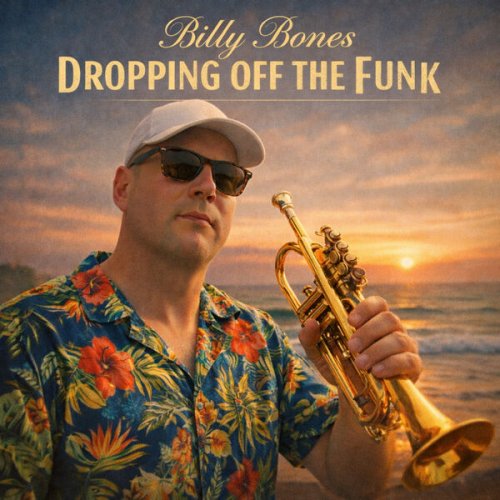
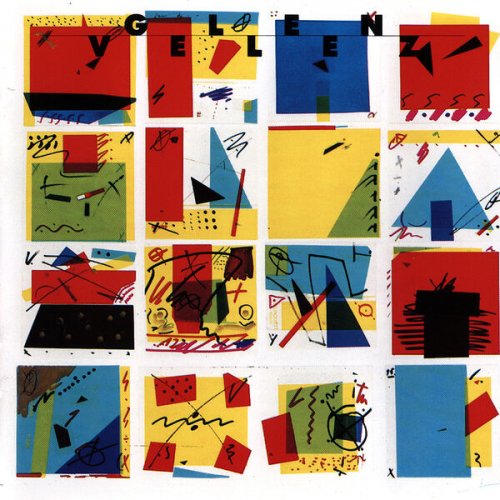
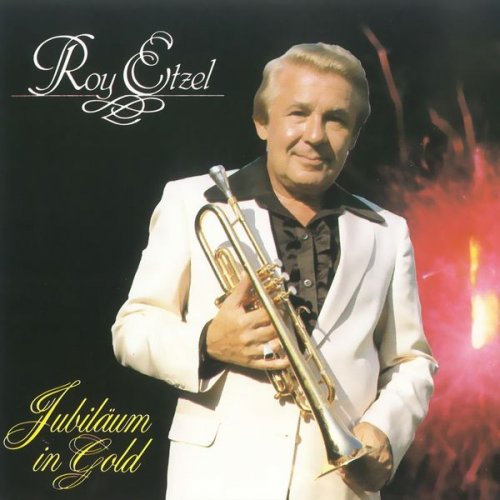
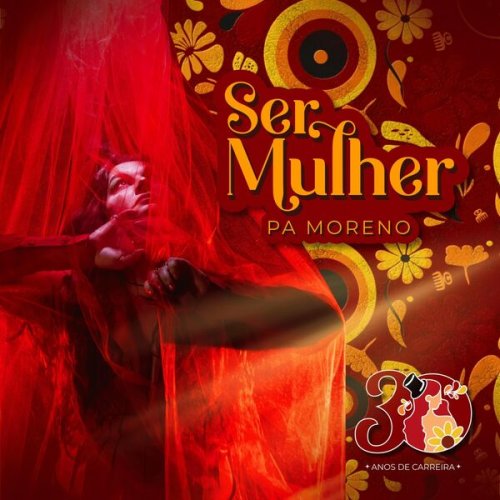
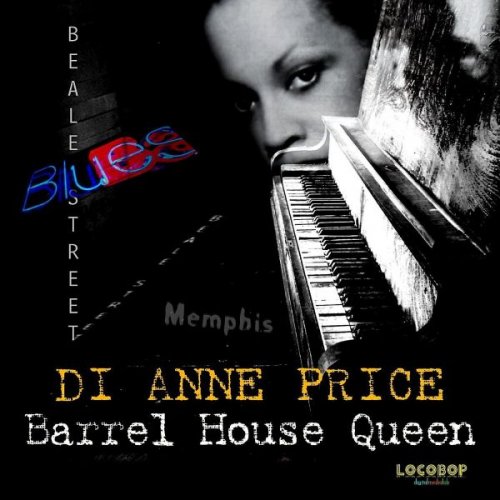
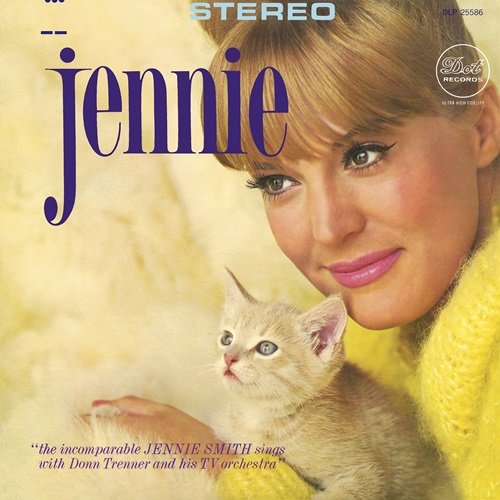
![Pymlico - Core (2025) [Hi-Res] Pymlico - Core (2025) [Hi-Res]](https://img.israbox.com/img/2026-01/03/l6kyknum5dngl5wzvdg0owfy4.jpg)